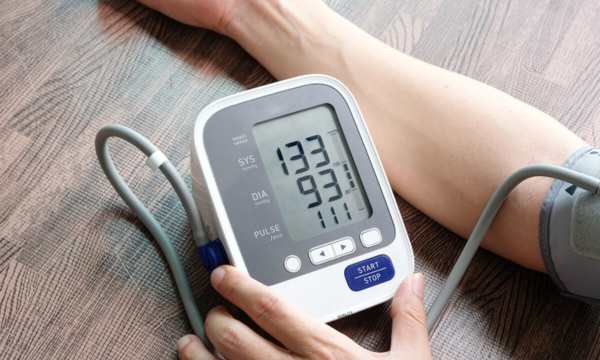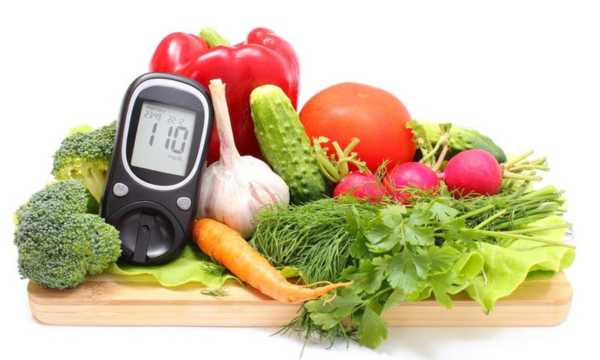Recognizing the first pregnancy symptoms is essential for those eagerly awaiting this new phase of life.
Ad
Discovering that you are pregnant is a transformative and exciting moment in a woman’s life.
Recognizing the early symptoms of pregnancy is essential for anyone who is trying to get pregnant or suspects they may be pregnant.
Ad
This guide helps you identify these symptoms, understand their importance and know when the right time is to take a pregnancy test, as well as offering tips for relieving discomfort and taking care of yourself during this special time.
Your body speaks: The language of pregnancy
In the first days after conception, your body starts to go through a series of hormonal changes to prepare for pregnancy. These changes can cause various symptoms, some subtle and others more intense.
Ad
It’s important to remember that each woman is unique and experiences pregnancy individually. What may be a strong symptom for one person may be almost imperceptible for another. The key is to be attentive to your body and notice any unusual changes.
Discover the first pregnancy symptoms
- Missed period
- Sensitive and swollen breasts
- Fatigue
- Nausea and vomiting
- Increased urination
- Changes in taste
- Aversion to smells
- Mood swings
- Headache
Remember that not all women experience all these pregnancy symptoms. Some may feel only a few, while others may not feel anything. We could say they are quite lucky!
Combat morning sickness
Morning sickness can be one of the most challenging pregnancy symptoms in the first weeks. Although there is no magic solution, some strategies can help minimize the discomfort:
- Have small frequent meals: Avoid going long periods without eating. Eat something light every two to three hours to keep blood sugar levels stable and prevent nausea.
- Eat dry foods: Salty crackers, toast, and crackers can help alleviate nausea.
- Drink plenty of water: Dehydration can worsen nausea. Drink plenty of water throughout the day, especially before and after meals.
- Avoid fatty and spicy foods: These foods can worsen nausea. Opt for light and healthy meals.
- Aromatherapy: Essential oils such as lavender, peppermint, and lemon can help relieve nausea and promote relaxation.
If the nausea is very severe and interferes with your daily activities, talk to your doctor. They may prescribe safe medications for pregnancy.
Solutions to feel better during this period
The early days of pregnancy can be full of joy but also of discomforts. Here are some tips to help you feel better during this period:
- Maintaining a balanced and nutritious diet is essential. Include plenty of fruits, vegetables, lean proteins, and whole grains in your diet.
- Engaging in light activities, such as walking or yoga, can help improve mood and energy, as well as being beneficial for overall health. However, consult your doctor before starting any physical activity.
- Try to maintain a regular sleep routine and ensure you are getting enough rest.
- The doctor will likely recommend taking folic acid and a complete prenatal supplement to ensure adequate intake of essential nutrients for the baby’s development.
- Share your emotions and concerns with friends, family, or a partner. Emotional support can make a big difference during this period.
- Practice relaxation techniques, such as meditation or deep breathing, to keep stress under control.
When is the right time to take a pregnancy test?
If your period is late and you suspect pregnancy, the best time to take a home pregnancy test is the morning after your missed period. The concentration of hCG (Human Chorionic Gonadotropin), which is the hormone detected by the tests, is usually higher in the first urine of the day.
However, it is important to note that home pregnancy tests can fail in some cases. If the result is negative, but you still suspect pregnancy due to other symptoms, it is advisable to wait a few days and repeat the test or consult your doctor.
The doctor can request a blood test to confirm the pregnancy and guide you on the next steps of prenatal care.
Conclusion
Recognizing the first pregnancy symptoms can be exciting and a bit stressful at the same time. By understanding and observing your body, you can feel more confident and prepared for the journey ahead.
Remember to take good care of yourself, seek support when needed, and follow medical advice. Every pregnancy is unique, so trust your instincts and celebrate every moment of this incredible experience!



